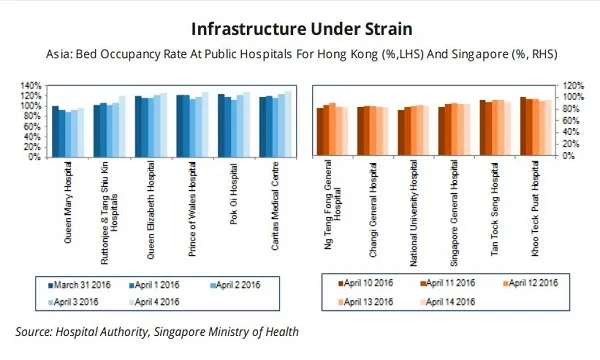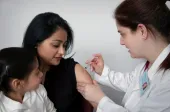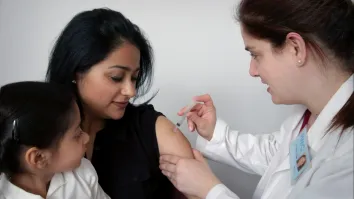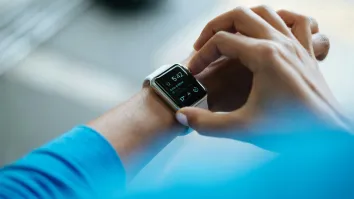
Chart of the Week: Healthcare infrastructure in Singapore, HK, under immense strain
Some hospitals are exceeding 100% occupancy.
Strained healthcare infrastructure is being more prevalent in Asian countries such as Singapore and Hong Kong, prompting the necessity of telecare to ease the domestic demand for medical services.
According to BMI Research, strained hospitals are particularly acute in Hong Kong, noting that the large proportion of its public hospitals had a bed occupancy rate exceeding 100%.
“We expect the pressure on both healthcare systems to grow as chronic conditions such as diabetes and cancer become more prevalent,” BMI Research said.
Meanwhile, BMI adds that Hong Kong and Singapore will ultimately need a transformation in the delivery of healthcare as land constrains limit their ability to increase the supply of hospital beds.
“This will see a shift in patients receiving follow up medical treatment away from hospitals, towards local health facilities and within their homes,” BMI added.
“In Singapore, pilot tests on the latter have already been conducted. One such example is the National University Hospital (NUHS)'s trial to monitor 1,300 patients with hypertension, diabetes and heart failure through an online platform,” BMI said.



















 Advertise
Advertise






